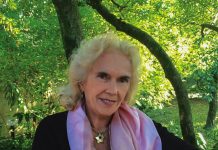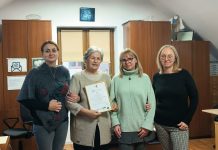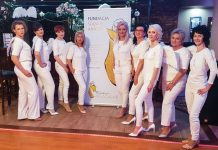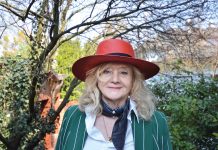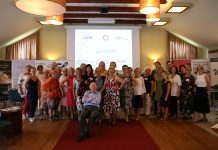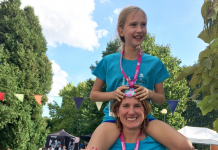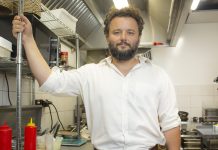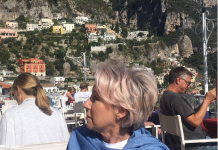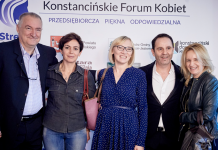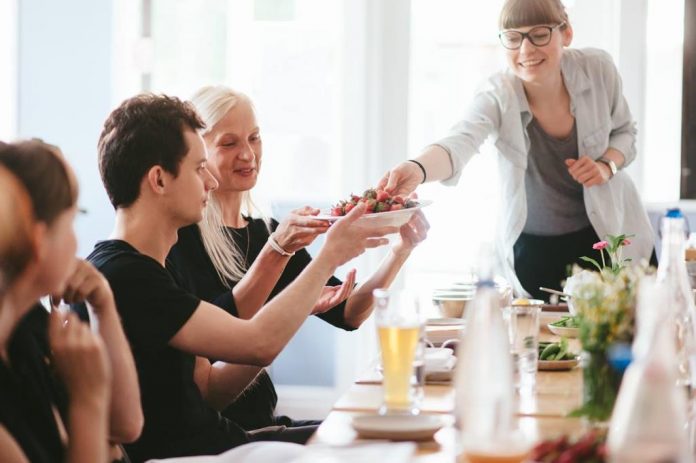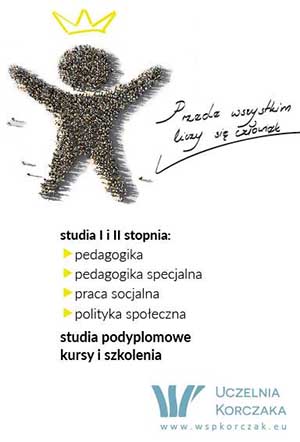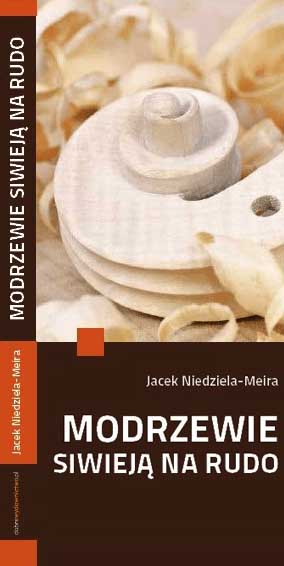Oasis of flavors and melting pot

Why did you leave for New York?
I graduated from psychology and I have always been interested in food at many different interdisciplinary levels. My master’s thesis was concerned with problems of eating disorders, so after completing my studies I wanted to learn more about that. I had already been to New York on holidays and this place seemed to be a vibrant oasis of flavors where everything edible was available. I always wanted to come back to that city to get to know it better, so I decided to try, and at the same time I got a proposal to do traineeship at the National Disorders Association (NEDA) in New York. When I was leaving Poland, this problem was not discussed in public, it was even a taboo subject. Currently, I have been working with Culture Shock Foundation on the project “Greenpoint. The Transition” and with a workshop group Let’s Talk in New York. I have run cooking workshops and workshops for women on accepting your own body and conscious eating. Apart from that, I have been still involved in the activity of the Polish National Centre for Eating Disorders in Wrocław.
How was it in the beginning in New York?

At first I must admit I was a bit lost in a big city because it is really a metropolis. With time I got used to the rules here. Everyone has been very nice and helpful. When you are confused, for example on subway, holding a map in your hands, someone will always approach you and ask if you need help. You can see people smiling everywhere you go. It is an apparent happiness from that fact that a new day has arisen, which can be wonderful. New York itself is a cultural mix, so I learn new behavior every day. Everyone here is different, not only because of their personality, but also because of rules proper for the culture in which they have been raised. Therefore, quote naturally something normal for one person, is not always acceptable for the other. Talking about mundane things, lack of washing machine in an apartment was surely surprising.
Why did you become interested in cooking and eating disorders? What methods can be applied to treat this?

I have been cooking since I remember. Actually I have been baking. Since a I was a child, I have spent a lot of time in the kitchen helping with family celebrations. Kitchen has always been to me a place where family and friends get together for long talks with a tea glass. I spent plenty of free time watching my grandmother making a culinary performance. I still have her recipes book and it is an inspiration to me. And when it comes to eating disorders, I became interested in this subject when I was adolescent. You start to notice new problems when you are among peers. In that life period a young man looks for his or her true identity and starts experimenting with own appearance. He or she must accept certain unavoidable changes in own body. The built, the body shape start changing and an adolescent grows up. It is not easy for many young people to accept that fact. They start experimenting with their diet to lose weight. If this is a temporary process and it is not risky to the life of a young person, it is quite normal. But it may be opposite in case of a long-term process. The person stops eating, checks weight obsessively and counts the calories of food products, avoids contacts with the peers, and spends most of free time doing physical exercise, he or she becomes indifferent, his or her body weight decreases dramatically and it is below the BMI (Body Mass Index) proper for that age group. The red light is on then, and a struggle for life starts. Eating disorders are a very wide term because we distinguish among them a few separate disease types. In extreme cases of emaciation there is a need for hospitalization. A family or individual therapy can be also helpful, or consultation with a dietician. And the most important is the willingness and motivation of the sick person to get better.
Who are your cooking workshops for?

The workshops Polish Flavors are addressed to adults. It was a joint project done with “Greenpoint. The Transition” and the Culture Shock Foundation. Their target was to show the richness of the Polish cuisine from a new, healthier view. I want to show to people that nowadays cooking is not only a thermic processing of food, but it is also a life style. In my therapeutic work I stress the importance of creativity, so cooking is to me a form of expression in which emotions may come out. It is a creative process where the result is a dish, and not a piece of art like in the case of artists. I try to direct this process with the use of all senses we have.

Which district do you live in? How do you feel now in a foreign country – is it still foreign to you?
Currently, I live in Brooklyn, in the district of Cobble hill, where the architecture resembles the European style. There are a lot of townhouse type buildings. It is a peaceful, park district. I spent the two first years in Greenpoint, which I visit with pleasure. I like Brooklyn and I cannot imagine living in another district of New York. I find myself here as the supporter of slow life. In comparison to Manhattan, life in this area has its own pace, people live don’t rush and they celebrate every day such moments as drinking a cup of coffee.
How do you get in touch with your family and friends from Poland?

I often come to Poland when I can take a break from my activities here and when it is possible to have holidays together. I am in close touch with my family, we call each other very often and we write emails. I am really glad that the world today allows fast and easy communication with the close ones. Despite the ocean that separates us, we know what is happening in our lives. This is beautiful and amazing!
What plans and dreams do you have?
Now I am not planning to come back to Poland for permanent. I try to take from life what it brings to me and take the chances I am given. I am here and now.
Beata Sekuła











